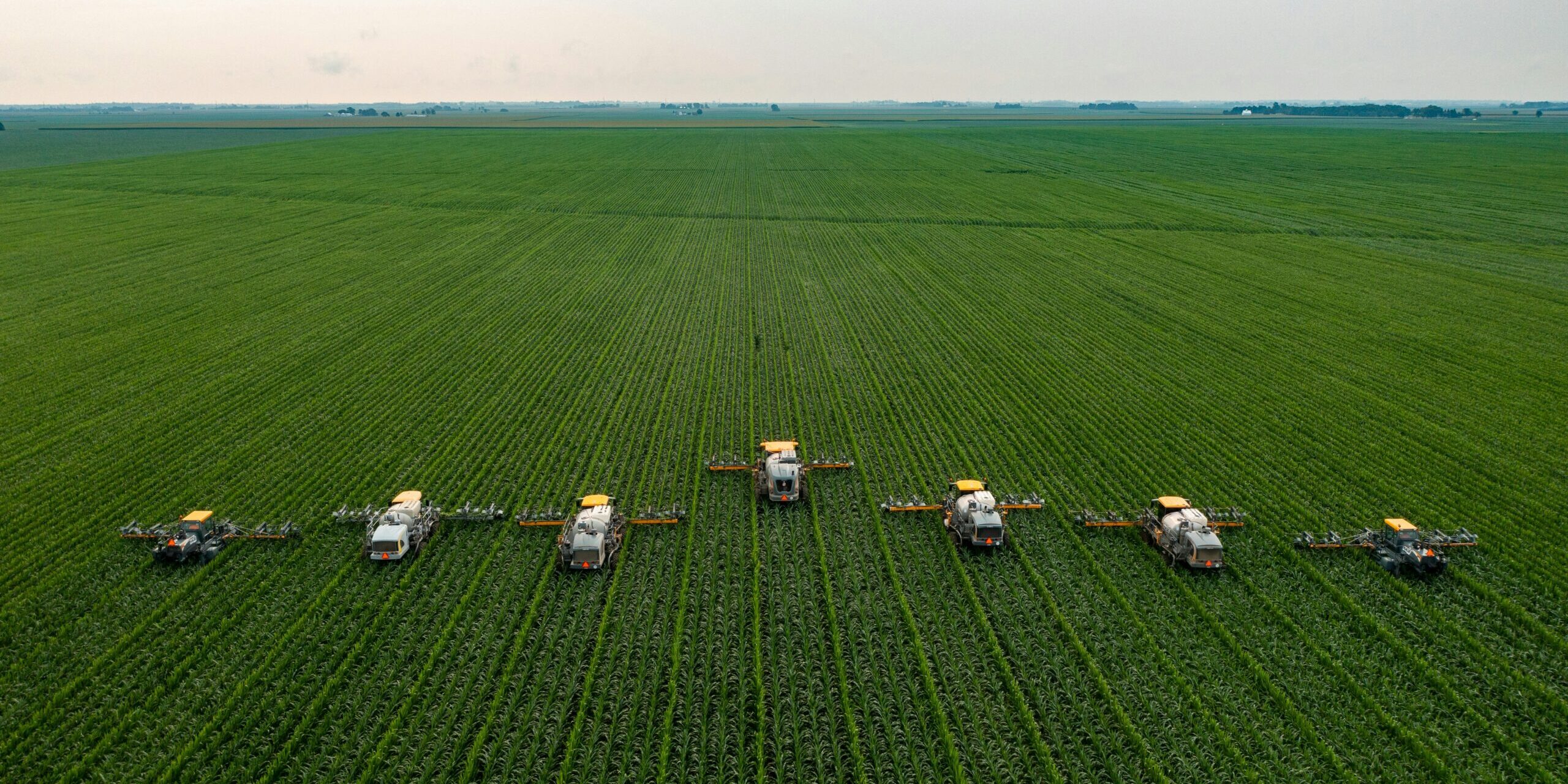In a bid to address the significant environmental impact of conventional farming methods, the fashion industry is increasingly turning its attention towards regenerative agriculture. Recognizing the pivotal role agriculture plays in global greenhouse gas emissions, there is a growing consensus within the supply chain community that transitioning to regenerative practices could mitigate these effects.
Regenerative agriculture presents a multifaceted approach to land management, aiming to restore ecosystem functions while sequestering carbon. With agriculture occupying nearly half of the world’s habitable land, the transition to regenerative practices poses both challenges and opportunities for the fashion supply chain.
While luxury fashion brands are beginning to invest in sustainable solutions, the adoption of regenerative approaches remains in its nascent stages. The slow pace of progress can be attributed to the lack of consensus on defining and measuring success in regenerative agriculture within the fashion industry.
Drawing insights from adjacent sectors like coffee farming, which has witnessed momentum in supporting farmers’ resilience to climate change, the fashion supply chain can learn valuable lessons. The success of initiatives such as the Rainforest Alliance’s sustainability programs underscores the importance of engaging with farmers as key stakeholders in the transition to regenerative practices.
Addressing the challenges posed by transitioning to regenerative agriculture requires a concerted effort to ensure fair compensation for small-scale farmers, particularly in developing nations. Fairtrade organizations advocate for equitable pricing mechanisms to support farmers’ livelihoods and foster climate resilience.
Furthermore, gender inequalities within rural farming communities necessitate a gender-sensitive approach to agricultural development. Empowering women farmers with resources, training, and equal decision-making opportunities is crucial for a successful transition to regenerative practices.
Recent legislative developments, such as the EU parliament’s approval of the Nature Restoration Law, underscore the urgency of restoring ecosystems and combating climate change. Fashion industry stakeholders, including ambassadors like Arizona Muse, are increasingly vocal about the need for transformative change in agricultural practices.
At the intersection of gender equality and climate resilience, initiatives like those discussed at the ChangeNow sustainability summit highlight the importance of amplifying the voices of female farmers and climate activists. By prioritizing inclusivity and community engagement, the fashion supply chain can drive meaningful change towards regenerative agriculture.
As the fashion industry navigates the complexities of transitioning to regenerative practices, transparency and collaboration emerge as essential principles. Sharing success stories and case studies can inspire broader adoption of sustainable agricultural practices within the supply chain.
Transforming global agricultural practices represents a monumental task, but by partnering with frontline communities and embracing regenerative approaches, the fashion supply chain can realize its potential as a force for positive environmental and social impact.
#ICTTMNews #BreakingNews #RegenerativeAgriculture #ClimateAction #FashionSupplyChain #Sustainability #ClimateChangeAwareness







